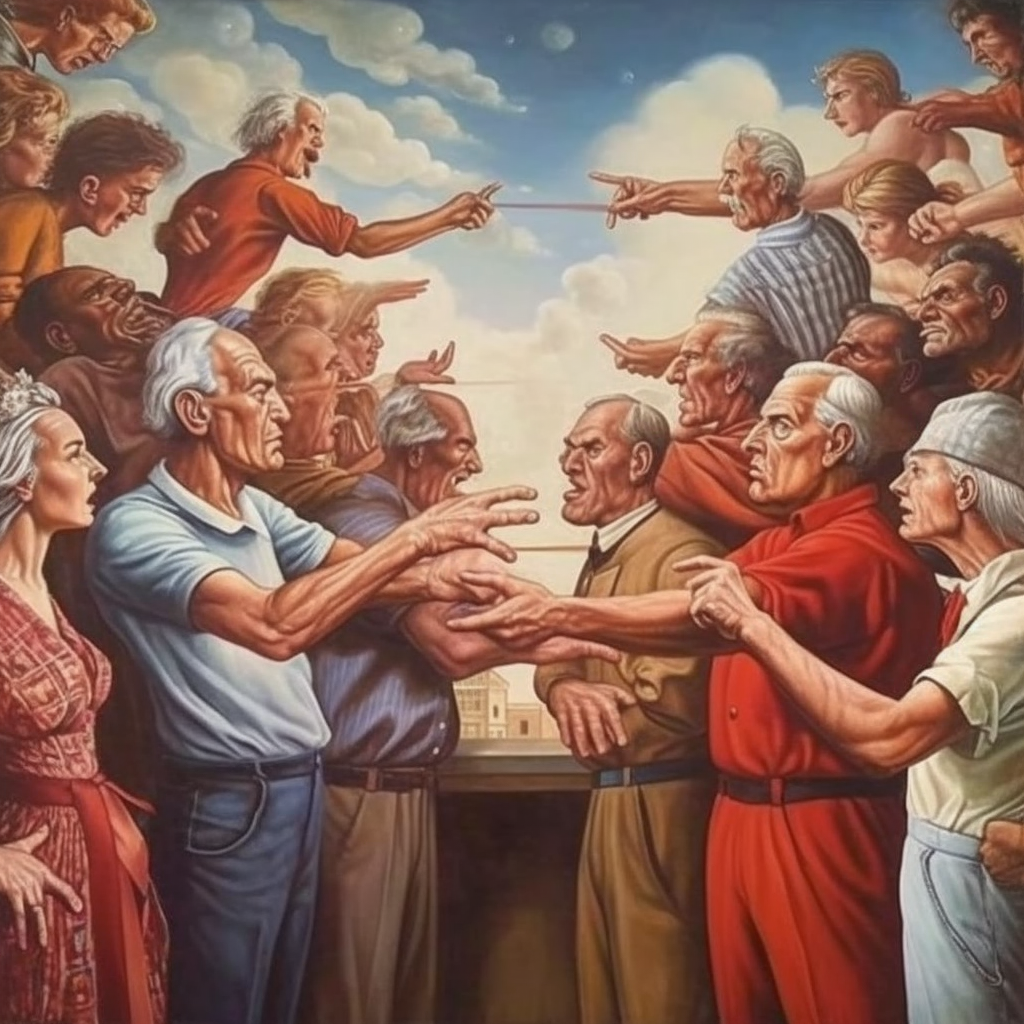Introduction: In the realm of personal accountability and understanding the dynamics of blame, it is often said that small-minded individuals are quick to attribute fault to others, average individuals tend to blame themselves, while wise individuals perceive all blame as foolishness. This perspective suggests that the capacity to transcend blame and adopt a more nuanced understanding of human behavior is a sign of wisdom and maturity. In this article, we will delve into the reasoning behind this assertion, provide examples to illustrate its significance, and explore the implications of this mindset in personal growth and interpersonal relationships.
Blame and Small-Mindedness: Small-minded people find it convenient to shift blame onto others rather than confronting their own shortcomings or mistakes. This behavior often stems from a lack of self-awareness or an unwillingness to take responsibility for their actions. By blaming external factors or individuals, they absolve themselves of any accountability, hindering their personal growth and perpetuating a cycle of negativity. In this state, they remain trapped within a narrow perspective that inhibits their ability to learn from their experiences.

Blame and Average Individuals: On the other hand, average individuals tend to internalize blame, shouldering responsibility for situations that may not entirely be their fault. This inclination arises from a desire to rectify mistakes and improve themselves. While accepting blame can be a positive trait, it becomes problematic when it becomes excessive or unwarranted. This self-blame can lead to diminished self-esteem, self-doubt, and a failure to recognize external factors that may have contributed to the situation. Ultimately, this mindset hampers personal development and inhibits the ability to see the bigger picture.
The Wisdom in Seeing All Blame as Foolishness: Wise individuals approach blame with a more holistic and nuanced perspective. They understand that assigning blame is a futile exercise that does not lead to genuine resolution or personal growth. Instead of dwelling on who to blame, they focus on understanding the circumstances, motives, and underlying causes that contributed to the situation. By adopting this mindset, they transcend the limitations of blame and direct their energy towards problem-solving and self-improvement. Wise individuals recognize that growth and progress stem from a deep understanding of complex interdependencies rather than finger-pointing.
Example: Consider a situation where a project at work fails to meet its deadline. A small-minded individual might blame a specific colleague, highlighting their supposed incompetence. An average individual might blame themselves excessively, internalizing the failure and overlooking other contributing factors such as inadequate resources or communication issues. In contrast, a wise individual would avoid placing blame on any individual and instead examine the project as a whole, taking into account various factors like resource allocation, time management, and team dynamics. By focusing on systemic issues rather than attributing blame, the wise individual can work towards identifying solutions and preventing future setbacks.
Conclusion: Blame is often a knee-jerk reaction that fails to address the underlying complexities of a situation. Small-minded individuals resort to blaming others, average individuals tend to blame themselves excessively, while wise individuals transcend blame altogether. Wisdom lies in understanding that blame does not lead to genuine solutions or personal growth. By adopting a broader perspective, wise individuals can analyze situations holistically, considering various contributing factors and focusing on productive problem-solving. Embracing this mindset can foster personal growth, improve relationships, and lead to more effective resolutions. Instead of seeking to blame, let us strive to understand and learn from our experiences.
References:
- Rogers, C. (1961). On becoming a person. Houghton Mifflin.
- Fosha, D. (2000). The transforming power of affect: A model for accelerated change. Basic Books.

